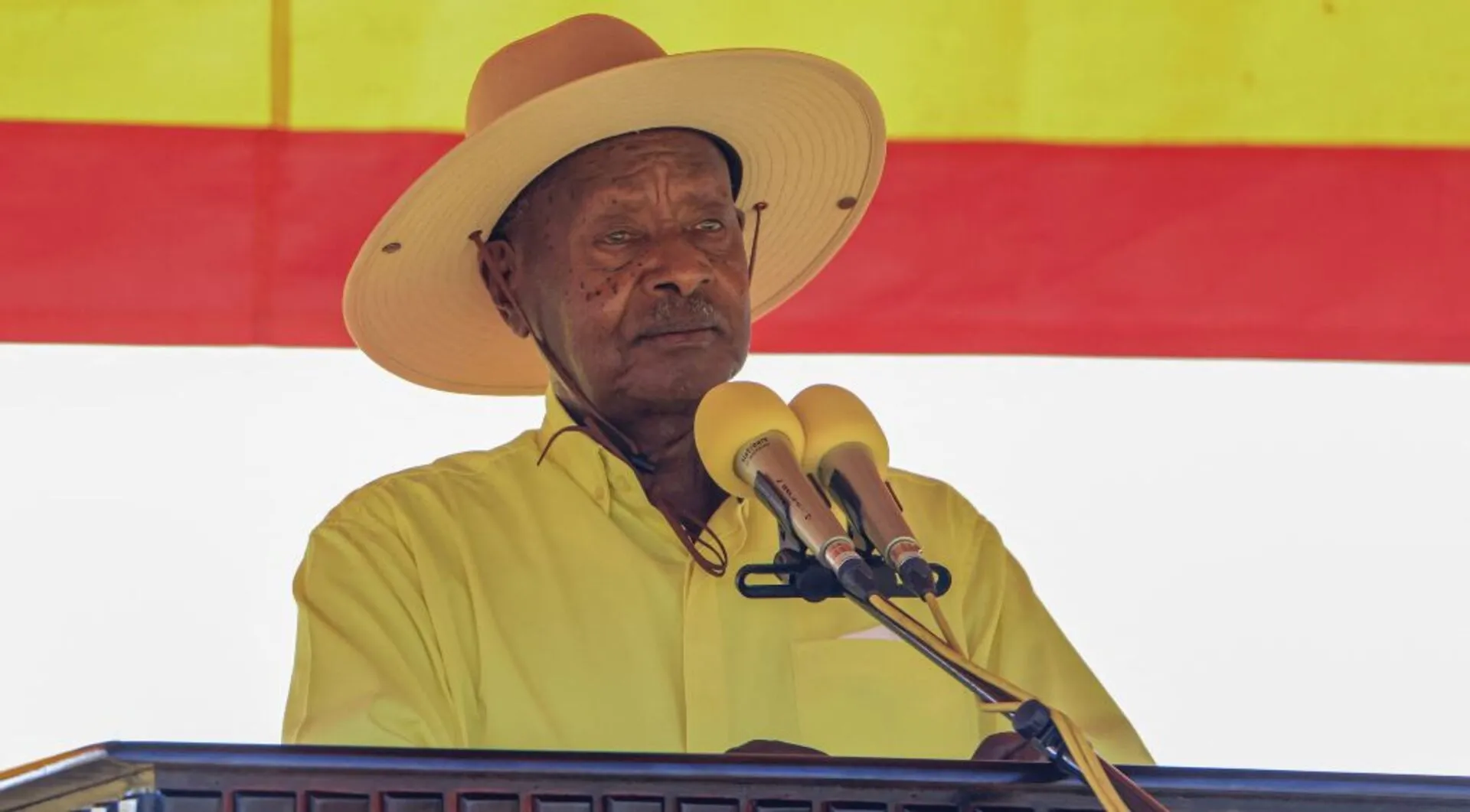What’s at stake in Uganda’s presidential election? | Elections
Yoweri Museveni’s main challenger is musician Bobi Wine.
Uganda holds elections on Thursday, with President Yoweri Museveni hoping to extend his four decades in power.
Supporters of his main opponent, musician Bobi Wine, allege harassment and intimidation.
So, what’s at stake for one of the world’s youngest populations?
Presenter:
Adrian Finighan
Guests:
Robert Kabushenga – host of The Bad Natives podcast
Alex Vines – Africa programme director at the European Council on Foreign Relations
Joseph Ochieno – commentator on African affairs
Published On 13 Jan 2026
